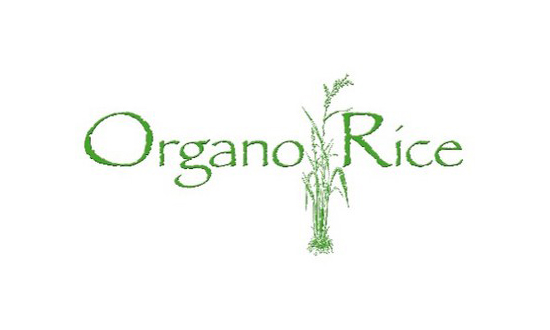
SDG 1 aims to end poverty in all its forms everywhere. This not only includes the right to economic and natural resources as well as access to ownership, inheritance, and new technology, but also building resilience to vulnerable situations caused by climate-related extreme events and other economic, social, and ecological catastrophes.
Overview, targets and indicators of SDG 1
Forschungszentrum Jülich is helping to realize SDG 1 by working together with Vietnamese and German partners to support and optimize the conversion from conventional rice cultivation to organic farming.
organorice
To combat global poverty, solutions that transcend national boundaries are essential in technology and research, and experience must be freely shared.
Transitioning to organic rice cultivation will reduce the negative effects of conventional rice cultivation on the environment (e.g. pesticide pollution) while simultaneously opening up economic prospects for rice farmers. The OrganoRice project analyses different topics including pesticide monitoring, ecological pest control and eco-fertilization, optimized irrigation, and the evaluation of rice quality. As the farmers form the centre of the conversion process and the solution, socio-economic aspects and the entire value chain from the field to the consumer are being investigated. Special consideration is given to the needs of the different interest groups, as successful conversion to organic cultivation relies on acceptance in all social and economic spheres.

“The multicriterial evaluation of all project results as a holistic and quantitative process for validating the conversion from conventional to organic rice cultivation is a valuable instrument for explaining the advantages and viability of sustainable farming practices to farmers and policy makers alike. It also ensures that the people benefit optimally from the economic gains, while also protecting the natural environment with their new economy,” says Dr. Lutz Weihermüller, OrganoRice project coordinator and researcher at the Institute for Bio- and Geosciences – Agrosphere (IBG-3).

